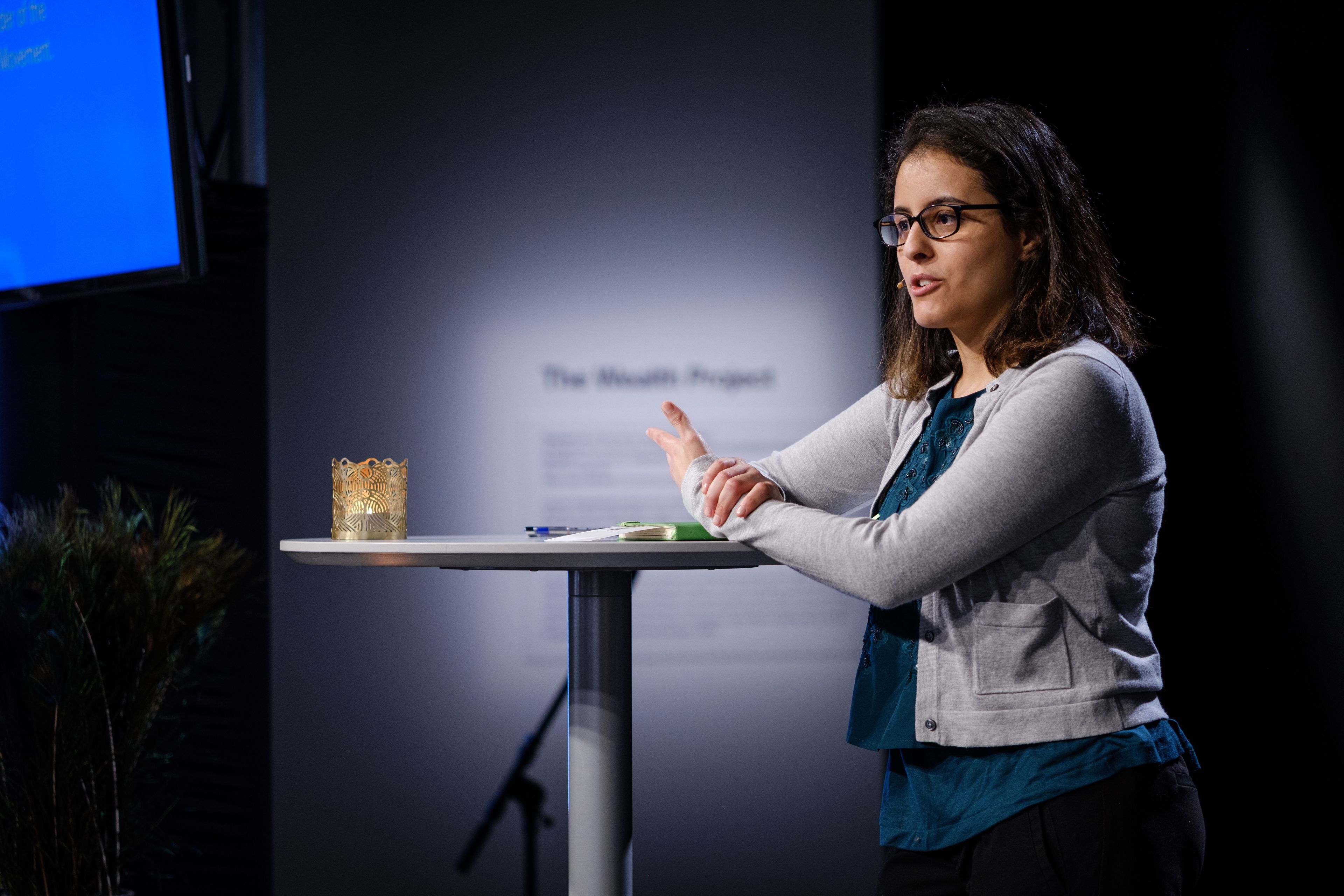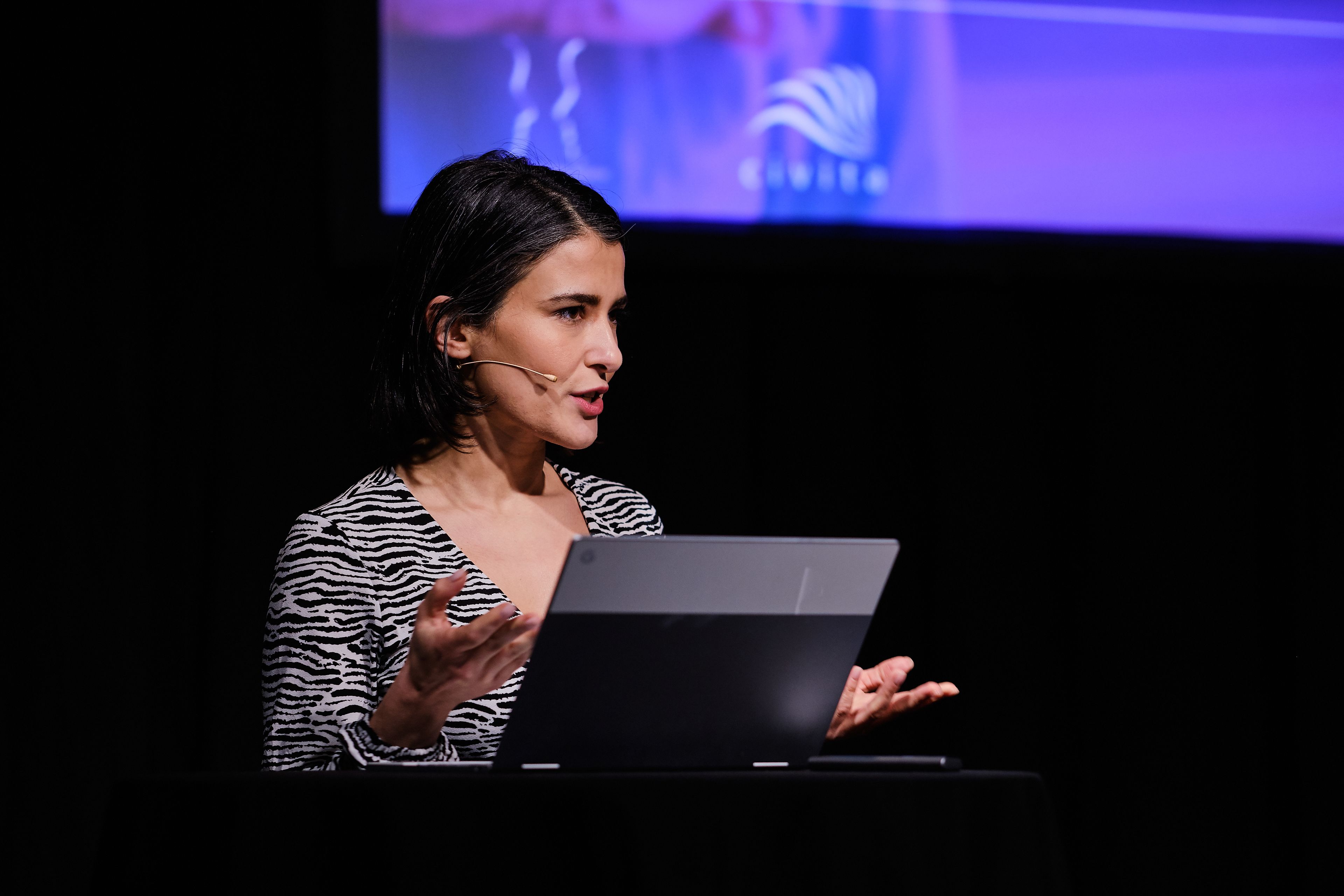Why the Time is Now
For the US and European governments, human rights values sound good in theory outside “western” power states, but what is more important to these governments is stable, “peaceful” states that serve to fulfill exploitative business agreements. The gigantic arms industry, which operates on the premise of wars and endless conflict, is amongst the biggest beneficiaries of this system.
And the entire international community is a part of this huge operation, even peaceful states such as Norway and Sweden.
The international community views short-term stability as a core value in and of itself, while overlooking human rights as a central focus to their definition of stability. This leads to the normalization of dictatorships and authoritarians, giving them the space to continue their human rights violations and abuse of power.
Stability in its current definition is viewed by many in the international community as the upholding of the status quo, even if it comes through dealing with dictatorships and authoritarian regimes, the idea being that regime change and revolution damage peace and stability. However, this approach is clearly showing its flaws. Authoritarian regimes are never just stable. In the hunt for stability, the international community overlooks the irony of dealing with such regimes with the aim of upholding stability. Because these dictatorships commit heinous crimes and operate on tyrannical principles, leading directly to uprisings and revolutions such as those we see today in Iran, Lebanon, or Iraq.
The events of 2019 and 2020 have shown an urgent need to re-define what stability actually means in the international context, with the focus being on supporting human rights and civil society, not the interests of regimes abusing human rights and destroying grassroots movements.
The path to a future of peace and stability goes via supporting civil society and non-violent leadership. However, this is not the path usually chosen by the governments around the world today, as politicians are short sighted and prefer fast results and immediate stability to promote their own campaigns and sell a narrative of supposed peace and diplomacy. Supporting civil society and freedom fighters are view as dangerous, because it may lead to repercussions, leading to their turning a blind eye and creating a state of lax international monitoring. This is the peace and diplomacy so often hailed by global politicians.
Women are often the ones affected by human rights violations. . In other words, women’s rights are also human rights, and making this artificial distinction between them has not had a positive outcome for achieving either. This also illustrates one of the main problems in the current approach to stability that lies in the structure and design of the political peace processes, where women are poorly represented. At the end of the day what they are really designed for is striking up deals between men who are fighting wars, since women are typically not directly involved in combat. As a result, they are not seen as having a big say in stability as it is currently perceived. Once again, stability is the core problematic approach.
On the other hand, if and when women who have expertise in militarization, security, political and nation building are brought in, they are only there to give input into what constitutes a women's issue, rather than being influential factors in the entire political process. This sidelines the roles of women as peace builders and drivers of stability and limits their contribution in solving issues.
This is where the Oslo Women’s Rights Initiative, in its upcoming third conference, comes into play. Our goal this year is to examine this issue through the lenses of important women civil society actors and those who are native voices of their people. This year marks the 20th anniversary of UN Security Council Resolution 1325, stating the importance and role of women in questions regarding peace and security. And one important lesson learned from the year of public uprising of 2019, is that women need to play a more important role in the fight for peace and freedom in the time ahead. That is why the time is now for international society to support freedom and human rights activists, and female activists in particular.
At our event “The Time is Now” at the Nobel Peace Center on Wednesday 4 March, we will feature some of the most important voices in the Middel East today. Our main speakers are Masih Alinejad, Rasha Al Aqeedi and Luna Safwan: Women with background from Iran, Iraq and Lebanon – countries which has seen a strong wave of uprisings throughout 2019, with women to be found at the forefront of these movements on many occasions. These women will not be talking about women’s rights only, or on behalf of women only. They speak on behalf of their people, aiming lasting, real, peace and stability for all.
That is why the time is now to support their struggle. And we hope the international society will support us in that struggle.
First published in Norwegian on Minervanett, Tuesday 03. March 2020 - 17:00.
Share:

